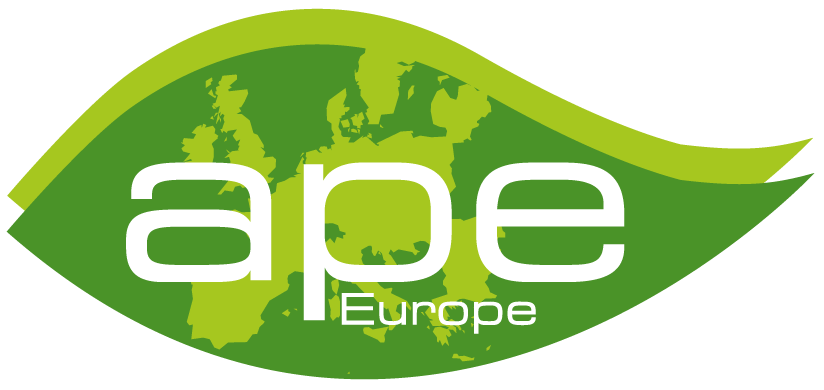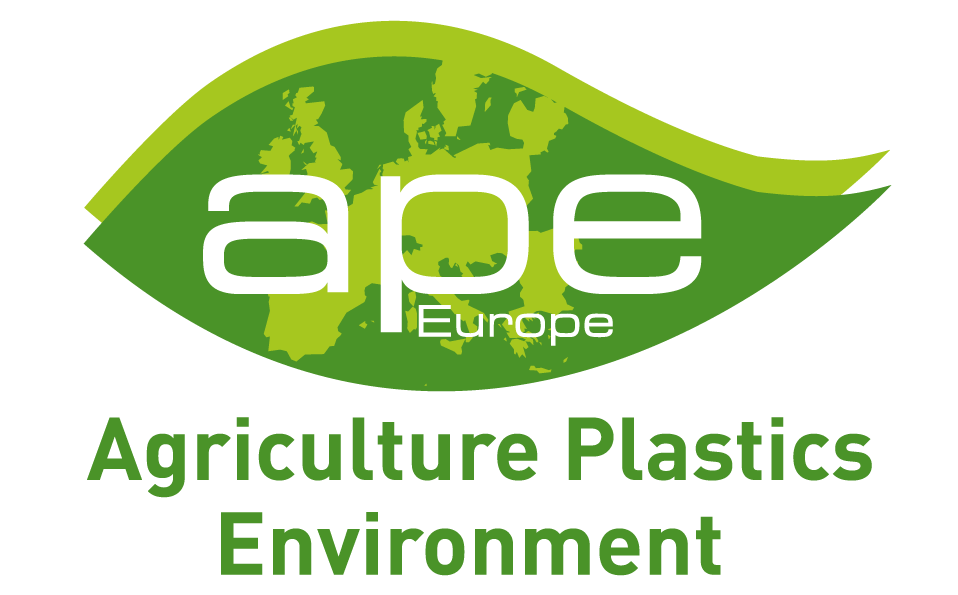GENERAL PRINCIPLES
GENERAL PRINCIPLES
- A solution for farmers. The purpose of agri-plastics is to help farmers in their work. Due to the difficulty to manage its once used, on an individual level, a collective solution is needed.
- Extended Producer Responsibility (REP). The OECD, Europe and each country in Europe have incorporated the principle of extended producer responsibility which states that, where the holder is not able to process the waste in an appropriate manner, it is up to the producer (the product manufacturer) to contribute to end-of-life management and agricultural plastics fall into this category.
- A collective and shared responsibility between the economic actors. However, the responsibility is not only of the producer, as the farmer’s cultural practices, often induced by advises of his distributor, durably affect the end of life condition of the products. Therefore, it will be necessary to involve all economic actors in the development and management of the end-of-life management system and establish for that the consent of each party.
- National coverage. The proposed scheme covers the entire national territory. The products, new or used, are intended to travel and it is important that every farmer, wherever he is located on the territory, can benefit from the services of the NCS.
- Product coverage. In the same way, every product used in the production process must find a suitable solution for its end of life.
- Progressiveness in implementation. The establishment of a national system can be long and difficult, the use of the principle of progressivity allows to deploy the device in phases before arriving at a comprehensive coverage (products or territorial).
- Equal treatment of actors. The system put in place will ensure that the rules applied are common and identical for all professionals: manufacturers, distributors and users.
- Transparency and confidentiality. Shared system, it associates all the actors to its management. Consequently, it is important that each one has the same level of knowledge on the functioning and the results of the system put in place. Transparency will therefore be organized through meetings, studies, reports, within the structures set up and decisions will be taken in consultation. However, management may require the processing of individual data (e.g. quantities sold) which will have to be treated confidentially. The management of the scheme is established in compliance with national and European competition rules.
METHOD
- A voluntary initiative. Among the possible schemes, there is one that has shown its technical and economic efficiency and that comes from a voluntary commitment of economic actors. They are best able to know the farmers' expectations and provide them with answers. Actors themselves they will ensure to consider the most accessible technical solutions and the least cost.
- Truth and internalisation of costs. When no solution is offered to farmers the negative externalities of used agricultural plastics fall on the community: abandonment, pollution of soil or rivers, rehabilitation of wild dumps ...
The creation of collection schemes, especially voluntary, allows to know the real cost of the end of life and to optimize it thanks to an improvement of the logistic flows, a reduction of the stain and thus of the volumes to be treated, a better valorisation near recyclers and enhancers.
The internalization of costs is based on two complementary contributions: the eco-contribution, which covers the costs of managing products that meet the recovery conditions, and the additional invoicing that finances the cleaning or burying of non-compliant products. - The separation of responsibilities (finance and operations). Steering (budget forecasts, R & D, etc.) and financial management must be separated from operational management in order to avoid confusion between payor and beneficiary likely to give rise to conflicts of interest. This separation allows a process of continuous improvement of the operator.
Given its mission of collective interest for the profession, the financial structure is open to all marketers, with independent governance of the respective market shares.
Operational management is entrusted to a dedicated organization, governed according to the principle of shared responsibility between the actors (marketers via the pilot structure, distributors and farmers).
The relations between the actors, including public authorities, are ensured by framework contract or agreement defining the obligations of each of the parties and its evaluation criteria. - Continuous improvement. The system follows a principle of progressivity and continuous improvement of the main parameters: number of contributors and contributors, volumes collected, creation of collection programs, quality of the collected products, treatment and financing.
OPERATIONS
- Preparation, Collection, Recovery & Processing
Shared responsibility implies that each actor intervenes in the operational functioning of the sector:
• Farmers buy contributing products, prepare the plastics after use according to the minimum technical requirements (TPM) and make them available to the organization or society in charge of their recovery.
• The distributors ensure the communication of the operational information of the collections (PTM), modalities, dates ...). They can also carry out grouping and control operations, if they have the possibility.
• The manufacturer, through the collecting scheme, ensure the recovery and processing of products. Research and development
In order to guarantee the sustainability of the collection schemes, research and development projects are needed to ensure or maintain, whenever possible, the recycling of the collected products. They could concern the dust reduction, recycling of new products, etc…
Depending on the project, they may be supported by the financial and / or operational structures.
RECOMMENDATIONS
- Individual commitment
Collection systems can only work thanks to the individual commitment of each of the actors:
• Manufacturers who provide end-of-life management solutions for the products they market. It is a shared management between all the marketers.
• Distributors who support their customers in the implementation of adapted management solutions.
• Farmers who contribute to the efficiency of the system through their decisions and preparations. - Collective commitment
The management of used agricultural plastics is part of the Corporate Social Responsibility. This commitment, individual, is also collective to allow optimization of methods and costs.

